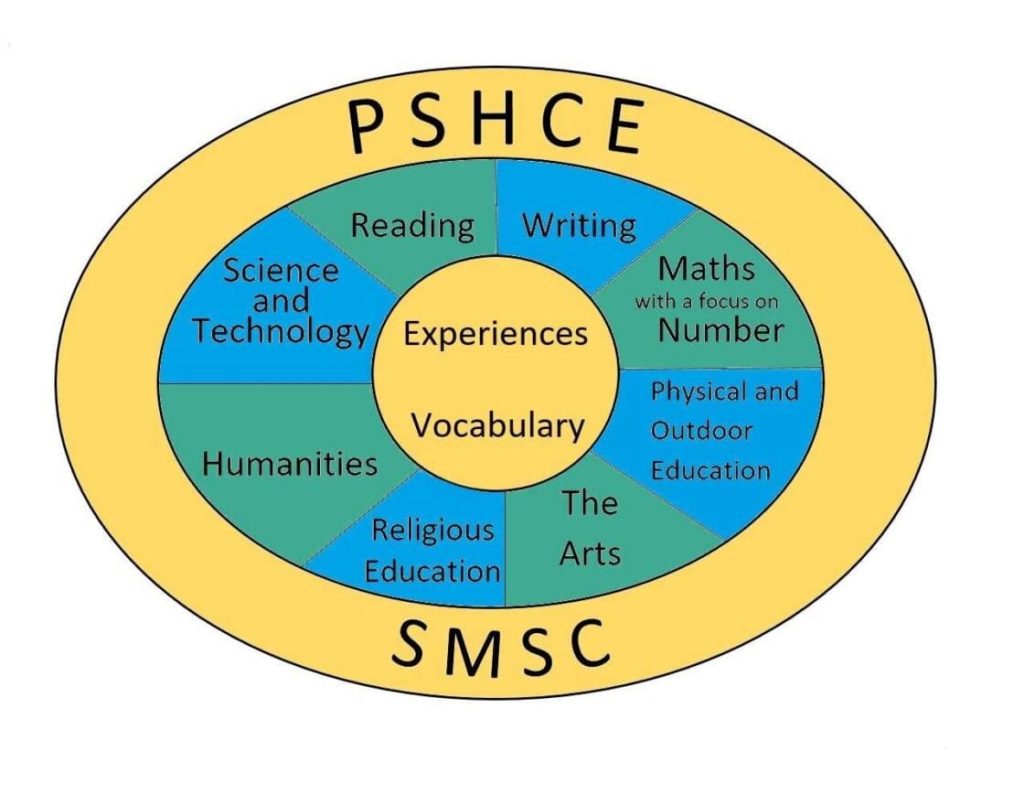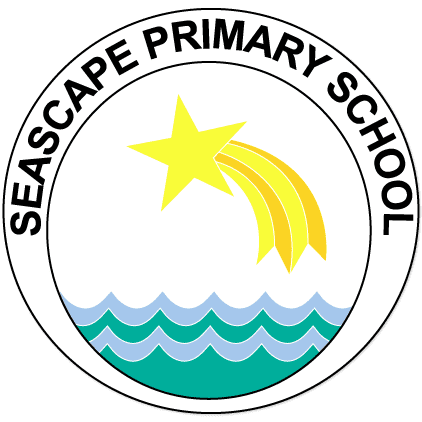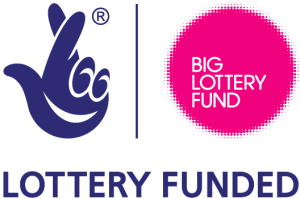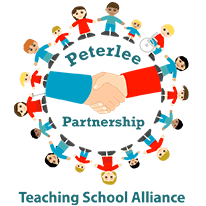Our Vision
At Seascape Primary School we provide the highest standards of nurture and care for all of our pupils. deeply rooted in our high expectations. We see the potential in all of our pupils and our curriculum is rooted in high expectations for all. We want our children to be successful at every stage of their academic career and we prepare our children to have the resilience and perseverance to be successful, the confidence to want to learn and a passion for specific activities.
Our Ethos
We believe that all children should experience the feeling of accomplishment in a wide range of areas. Our curriculum therefore simply inspires our children to be more – we want our children to be more successful in school over the course of a day, a term, a school year and inspired for their whole academic career.
Our curriculum gives pupils a mix of academic and personal development; it gives equal importance to core and foundation subjects; physical wellbeing and mental wellbeing. Personal and social education is the basis of our ethos ensuring the children’s emotional needs are met thus allowing them to excel.
We carefully balance the requirement for pupils to reach national expectations in core subjects with our wider curriculum aims of providing a full spectrum of thoughtful and enriching experiences. We offer them a rich and varied curriculum to encourage them to be successful throughout their academic career and allowing them to thrive.
Intent
At Seascape Primary School we want our children to experience:
- A curriculum that has knowledge and vocabulary at the heart of learning
- A curriculum that helps children to know how to live healthy lifestyles – both
- physically and mentally
- A rich curriculum that enables pupils to see the world beyond their locality
- A curriculum where knowledge underpins and enables the application of skills
- Opportunities to embed basic skills
- Resilience, perseverance, challenge and support so they have the confidence to aim high and aspire to more
- Spiritual, moral, social and cultural experiences threaded through all we do which will facilitate our pupils’ future
Implementation
As a school we advocate a consistent approach to teaching and learning, strongly informed by research evidence into what works in the classroom. We recognise the importance of personalising learning to the needs of individual children and classes. Our focus is upon all children in our classes making maximum progress across the curriculum.
Rosenshine’s 10 Principles of Instruction underpin the classroom practice at Seascape Primary School:
- Daily review
- New material in small steps
- Ask questions
- Provide models
- Guide student practice
- Check student understanding
- Obtain high success rate
- Scaffolds for difficult tasks
- Independent practice
- Weekly and monthly review
Early Excellence forms the basis of our approach with nursery and reception and key stage one. We believe that children learn through play and new experiences and we strive to offer this through high quality, open ended resources which are accessible to all children. As a school we strive to develop independent children, who take pride in their own learning by leading it their own way, knowing their voice and opinion is heard and by learning in a safe environment where risk taking is encouraged.
We are proud to be a ‘Read, Write, Inc’ school. As part of this, we use silent signals across the whole school in order to promote high levels of engagement and pace within all lessons.
We are a ‘Big Maths’ school. Lessons are structured and follow a clear process based on the principals of the cognitive load theory. We believe that children need to revisit taught material in order to move knowledge / information from their short term memory into their long term memory.
The cognitive load theory also forms the basis of our classroom setup across the school. We believe that continuous provision allows children to explore taught skills independently as well as promoting their own independent enquiry. This allows for learning to be revisited and extended. Within key stage two, where continuous provision is not set up around the classroom, teachers use ‘deliberate forgetfulness’ (Chris Quigley) and continuous resources within the room to revisit learning e.g. world maps, timelines and quizzes.
Impact
First and foremost we want to instil in our children a love of learning and an understanding that the learning is part of a journey they are on. We want them to feel safe, to express and celebrate their learning achievements and recognise their own personal and academic growth. We see this impact in:
Due to the rich curriculum we offer we expect to see improvements across:
- The engagement of pupils in lessons
- The profile of all subjects being raised in school
- Increased knowledge and skills of children year on year
- Broader experience
- An increased participation in lessons and activities
The impact of what we do and what the children achieve cannot always be measured in data sets and numbers so we always try to look holistically at the whole child. We consider our children as individuals who are facing future challenges and ultimately leave us high school ready having enjoyed and embraced their learning experiences along the way.






